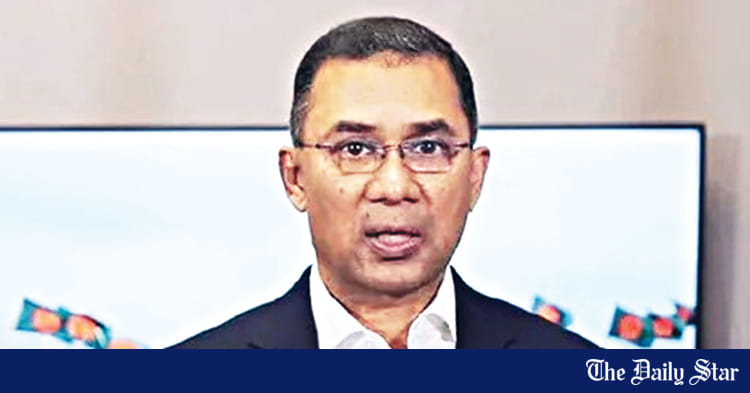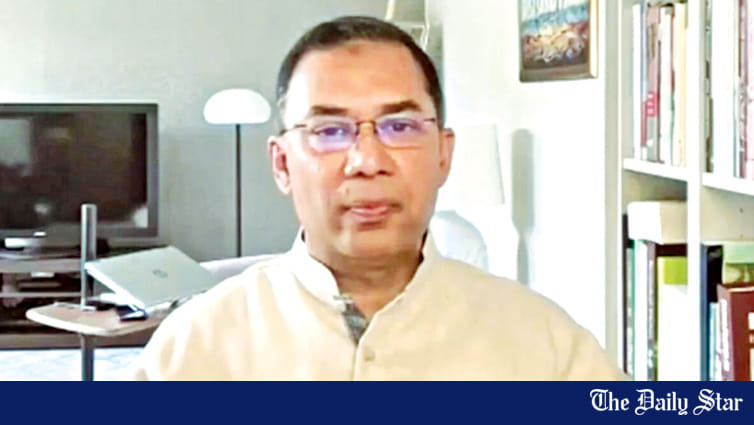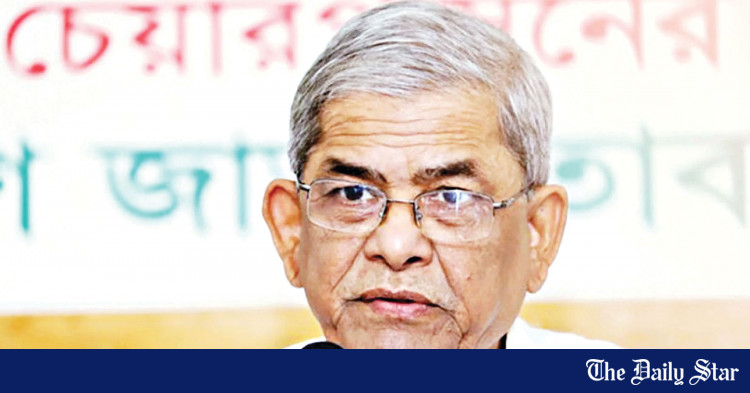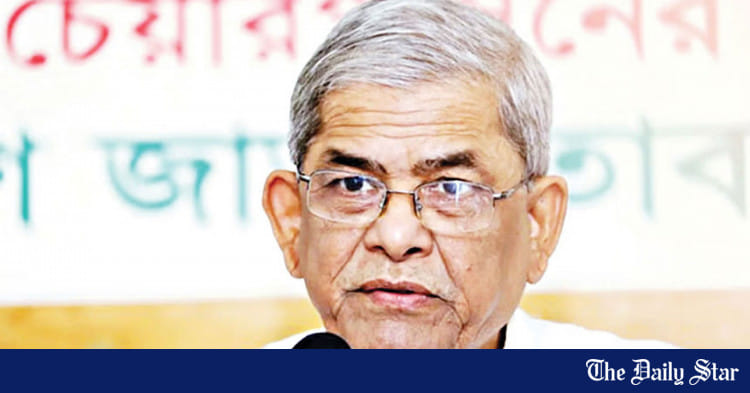Will Jamaat be part of BNP’s national government?
Sohrab Hassan
Published: 14 Sep 2024, 14: 34
A few days ago a BNP leader called me over the phone and asked if we had noticed that their acting chairperson Tarique Rahman was wanting to introduce a new trend of politics in the country. When asked what that new trend was, he said it was about forming a national government and running the state on a 31-point basis.
On 13 July last year BNP had declared a 31-point “state repair” concept which included an inclusive, non-discriminatory and harmonious social contract based on Bangladeshi nationalism; a non-partisan election-time caretaker government; balance in the executive powers of the prime minister and cabinet; no one able to be prime minister for more than two consecutive terms; an “upper house” in the parliament; and so on.
At that time too BNP has spoken of forming a national government with the inclusion of parties which were in the movement. The allied parties did not really take the matter into much consideration. They said, let the autocratic government be removed first, then they would think about a government framework. BNP and the other political parties failed to topple the government of Sheikh Hasina. Later we saw it was a movement by the students sparked off by the demand for quota reforms that morphed into a mass uprising and overthrew Sheikh Hasina.
After the fall of the Awami League government, BNP brought the issue forward again. Joining a recent field level meeting of BNP leaders and activists online, party acting chairman Tarique Rahman said that with the support of the people, BNP would run the country in the future by means of a “national government”. He claimed that, “By forming a party government instead of a national government after the country’s independence, Awami League had divided the country from day one. That is why a large section failed to take part in building the country despite their desire to do so.”
But had the division been dissolved after 1975 during the rule of Ziaur Rahman and then in 1991 during the rule of Khaleda Zia? No. The opportunity slipped away repeatedly.
However, after the fall of the Sheikh Hasina goverment, differences have been noticed in many issues between BNP and Jamaat. Jamaat is endeavouring to form an alliance with other Islamic parties.
As to who will be a part of the national government, Tarique Rahman said, “The people will surely not want the national government to include the parties that made the entire country the personal property of a single party or family, that placed a debt burden of 150,000 taka on each of our shoulders in the name of development, that laundered billions of taka overseas, that terrorised the people with enforced disappearances, killing, attacks, cases and torture, and sent prices of essentials spiralling out of people's reach."
Tarique Rahman was referring to the Awami League, the party recently toppled from power. In other words, the national government proposed by BNP or Tarique Rahman does not include Awami League and its allies. But will the remaining parties -- left, right and centre -- all be there?
The proposal for a national government is nothing new in Bangladesh. After independence, NAP leader Muzaffar Ahmed was the first to talk about forming a government with all parties that took part in the liberation war. Awami League paid no heed.
After the change in political scenario in 1975, JSD leader Col (retd) Abu Taher proposed that a national government be formed with the exclusion of Awami-BKSAL parties. It did not work out.
In 1996 Awami League lured in two BNP members of parliament and formed a government of national consensus. If any party or side is left out of a national government, it is no longer national.
The question is, how many parties will be a part of BNP's national government? BNP talks of Bangladeshi nationalism. Will those who believe in Bangladeshi socialism or in Islamic form of government, be willing to be bracketed with BNP
BNP is talking about a national government without Awami League and its 14 party allies. Yet the leaders of BNP's main ally Jamaat-e-Islami sings a different tune. Jamaat is their old ally. In 1999 during Sheikh Hasina's first government, BNP, Jamaat, Jatiya Party and Islami Oikya Jote had formed an anti-government coalition. Later Hussain Muhammad Ershad broke away from that coalition, but Jamaat, Islami Oikya Jote and a faction of Jatiya Party remained with BNP through thick and thin. In 2001-2006 BNP and Jamaat even formed a coalition government.
However, after the fall of the Sheikh Hasina goverment, differences have been noticed in many issues between BNP and Jamaat. Jamaat is endeavouring to form an alliance with other Islamic parties, according to the media. Both parties also have a sharply different stand on the interim government's reforms. BNP wants the interim government to speedily complete the reforms and arrange for the election. Jamaat says, they are willing to give the government as much time as required to carry out the reforms.
Their difference on the India and Awami League question is different too. Speaking to newspapers on 3 September, Jamaat-e-Islami's amir Dr Shafiqur Rahman declared that there would be no vengeance against Awami League and they would be pardoned. But BNP leaders question how can a party be forgiven are 15 years of oppression and repression.
About India, the Jamaat amir said, "We want friendship with all. We need a friendly and supportive country. Neighbours can't be changed. Why do you think of change?"
In response, Tarique Rahman said, "Over the past few days we see a political party stepping into the trap of a neighbour. That is why they are saying things that are misleading."
Delhi's policymakers would consider Jamaat more dangerous than BNP. That is why the Jamaat leader's words have made BNP's policymakers suspicious.
Those who led in the anti-quota movement also have divergent views. Some want BNP to run the country in the absence of Awami League. Then again, many among them feel that both Awami League and BNP have failed the democracy test. There were even slogans heard on Dhaka's streets that Awami League and BNP were two poisons of the same snake.
In the meantime there has been tension between BNP and Jamaat over the posts of vice chancellor at various universities. Before they were united as the white panel opposed to the blue panel. Now in the absence of the blue panel, they are divided.
Many political analysts feel that in the new political reality, Jamaat wants to ascend to power with other Islamic parties, not as BNP's partner. Is that realistic? In the past, no matter how strong Jamaat may have been at a field level, they never fared well in the elections. They never secured more than 5 per cent of the vote in any election. The state of the other political parties is even worse.
Then again, it must be observed what decision the Ganatantra Mancha allies take if Jamaat becomes a partner of BNP's national government.
* Sohrab Hassan is joint editor of Prothom Alo and a poet













































